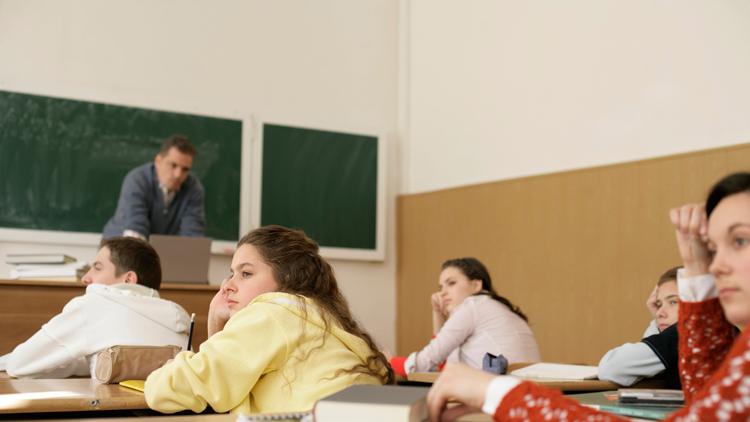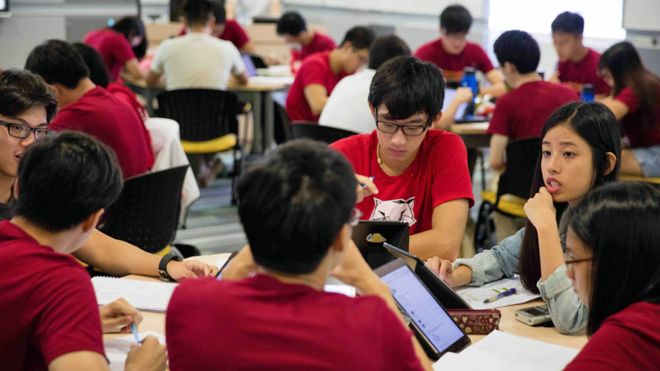
The head of Pisa has added his voice to warnings that financial pressures on schools in England risk damaging standards.
Andreas Schleicher, education director at the Organisation for Economic Cooperation and Development (OECD), which publishes the Pisa (Programme for International Student Assessment) world rankings, voiced concerns over schools struggling to make budget savings of 8 per cent to cope with increasing cost pressures.
Asked by TES about the funding squeeze affecting schools in England, Mr Schleicher said: “If you take the same system and you take money out of it, you lose and lack in quality. I think there’s no question around it.”
He spoke out as politicians from around the globe gathered in London for the Education World Forum, where England’s schools minister Nick Gibb again cited Pisa research approvingly.
Mr Schleicher said that in high-performing education systems, such as China, parents and governments prioritised spending on educating children, adding that “they invest in the future”.
“The UK has already spent the money on consumption today,” he said. “That’s where the debt crisis came from. It’s a value choice of societies to make. Education really is an important choice; that is the future.
“The school system today is your economy tomorrow, and that is something I worry about when governments have an attitude of, ‘Oh well, let’s cut some corners here’.”
‘Significant’ intervention from Pisa boss
Mary Bousted, general secretary of the ATL teaching union, described Mr Schleicher’s intervention as “significant”.
The Department for Education said it had protected “core school funding”, which was at a record level, and that it was “incorrect” to say it was taking money out of the system
The department added that total expenditure from public and private sources on UK education institutions was above the OECD average for each phase of education.
A spokesperson said: “We recognise, however, that schools are facing cost pressures, which is why we will continue to provide advice and support to help them use their funding in cost-effective ways, including improving the way they buy goods and services, so they get the best possible value for their pupils.”
Mr Schleicher added that the overall level of funding was not the only issue, and called for schools to do more with the money they received.
[Source:- tes]








